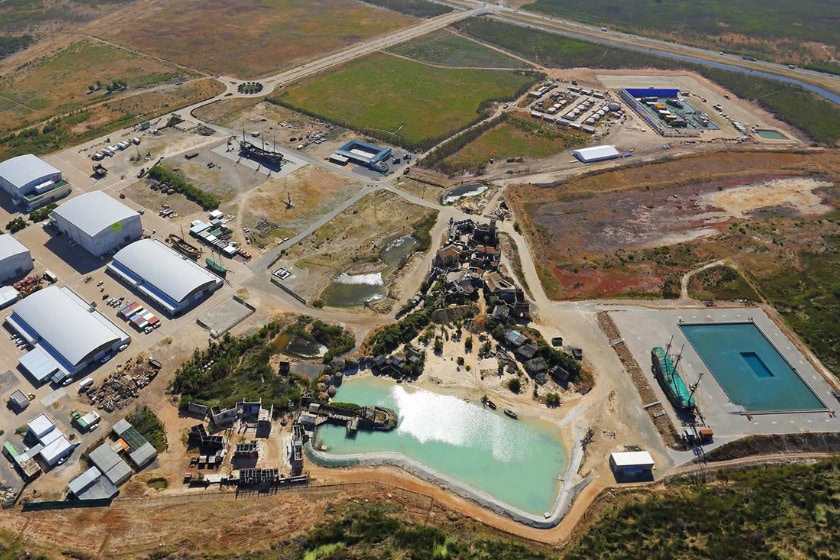The global growth of film-inspired tourism is reframing destinations worldwide, with estimates suggesting the cinema and filming market could reach $110 billion by 2028.
Disney’s Mufasa is set to roar into theatres this December, with African tour operators bracing for a surge in bookings to echo well into 2025.
The anticipation follows the success model noted with Disney’s 2019 The Lion King, which tour operators say reignited interest in African safari destinations, especially in Kenya and Tanzania, where travellers sought to experience the film’s setting firsthand.
Similarly, Marvel’s Black Panther cast a futurist spotlight on Africa, reinvigorating its cultural design and heritage with an uptick in tourism interest, particularly in South Africa, where parts of the movie were filmed.
The Rise of “Setcations”
The spread of digital media, streaming services, and globalisation of film distribution continues to fuel the popularity of travel tied to movies and shows. Globally, destinations like Italy continue to teem with tourists after the filming of White Lotus’ second season. Thailand, as the latest filming location, is also anticipating a flurry of interest next year with the release of its third season.
This trend has the power to inspire global audiences, presenting an exciting opportunity to bring more visibility to the continent’s unique destinations, explains Discover Africa Co-Founder, Andre van Kets.
“For African travel companies, capitalising on this wave requires a proactive approach,” he says. “Londolozi’s cheeky play on the original Lion King remains memorable. But travel operators can take it step further and develop tailored tours that let travellers experience film locations firsthand, adding cultural narratives that connect the destination’s heritage with the film’s story.”
Furthermore, he explains, by prioritising partnerships with local communities, travel companies can help preserve the very landscapes that make Africa such a sought-after film destination.
“Together, we can foster not only increased tourism but also pride in African heritage and storytelling that will resonate for years to come,” he adds.
African Creative Hub for Global Filmmakers

Celebrate British Actor Idris Elba’s recent “Zollywood” initiative has seen a swathe of interest. The actor has secured land and government approval for his proposed plan to build filming studios in Tanzania and Ghana.
This highlights another emerging model that has the potential to share the appeal of Africa’s destinations through incredible storytelling. Elba’s blueprint envisions film studios built on Tanzania’s Zanzibar islands and in Ghana’s capital, Accra, to catalyse the growth of Africa’s film industry, turning it into a global powerhouse.
Combined with Tanzania’s natural beauty and cultural richness, this project further positions the East African nation as a compelling destination for tourists eager to explore African landscapes seen on screen.
Elba’s initiative aims to support local film talent, provide infrastructure, and draw in foreign investment, similar to South Africa’s film industry. For example, the South African government has supported several productions, establishing the country as a hub for global filmmakers.
Offering location subsidies and building the necessary post-production infrastructure has helped attract international projects like Mad Max: Fury Road and The Kissing Booth, and increased South Africa’s visibility and drove tourism to filming locations.
Nigeria’s film industry, commonly known as Nollywood, also cannot be overlooked, with an estimated contribution of around US $2.56 billion to Nigeria’s GDP in 2023 alone. Increased investment from streaming giants like Netflix and Amazon Prime has further fueled this growth, with Netflix contributing over US $23 million over seven years, creating thousands of jobs and elevating the reach of Nigerian films internationally.
In Kenya, Mombasa is actively using film festivals to attract tourism, as seen in the inaugural Mombasa International Film Festival (MIFF), which drew attention to local talent and helped position the coastal city as a film destination. This approach not only boosts tourism but also creates opportunities for cultural exchange and local talent development.
For countries like Rwanda and Morocco, which have also opened doors to international productions, the benefits of hosting filmmakers are evident as tourism to these regions continues to rise. Morocco, for instance, saw tourism gains following the production of Game of Thrones in Ait Benhaddou and Gladiator in Ouarzazate.
Putting Africa’s Destinations on the Red Carpet
This trend of film tourism not only boosts local economies but fosters cultural pride and strengthens the continent’s global visibility. If supported with strategic partnerships and infrastructure, Africa could become a global leader in film-inspired travel, enriching local communities and offering immersive experiences for travellers worldwide.
It’s clear a combined and continued focus on film tourism in Africa holds promise, leveraging cinematic storytelling to promote diverse destinations across the continent.








 Blog List
Blog List













Written by Selene Brophy
• Travel Writer